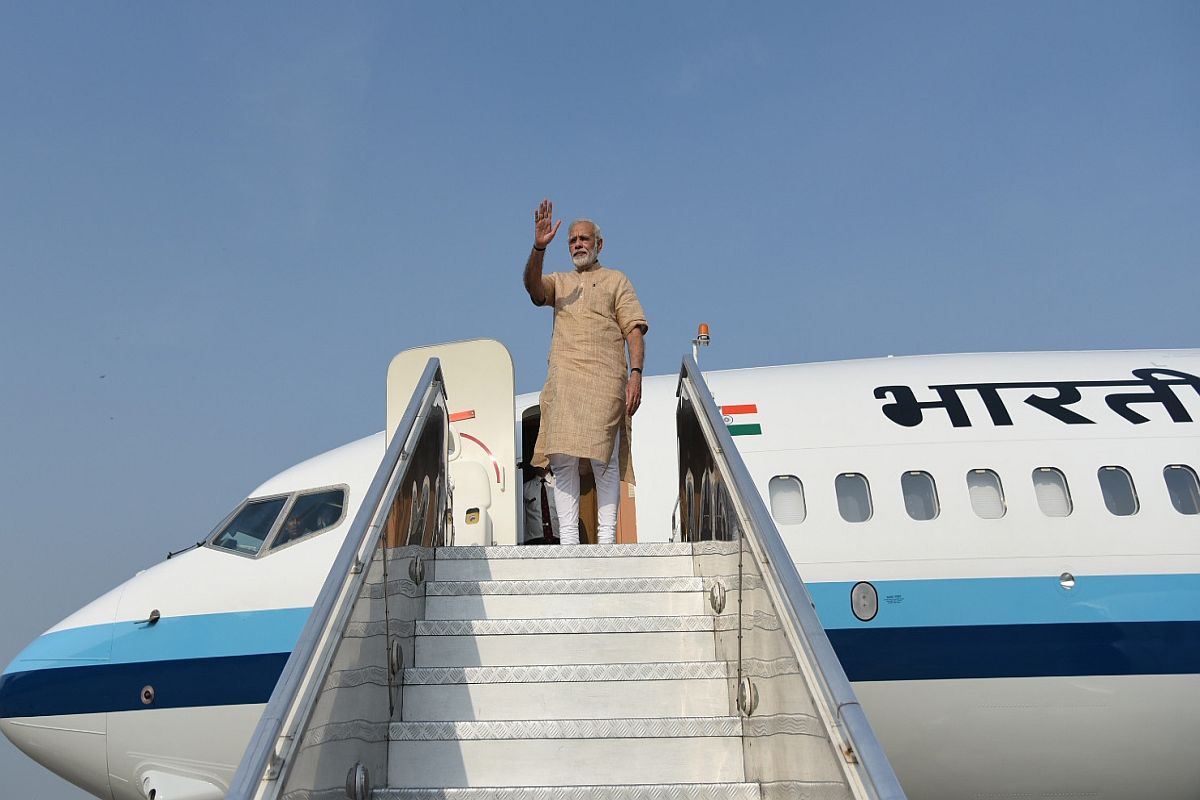Flights carrying national leaders are considered “state aircraft”, and are therefore not subject to its provisions, said the International Civil Aviation Organisation (ICAO) in response to India’s complaint against Pakistan for refusing to let Prime Minister Narendra Modi’s plane go through its airspace to Saudi Arabia.
“The Convention on International Civil Aviation (Chicago Convention), which ICAO helps governments to cooperate under, only applies to the operations of civilian aircraft and not to state or military aircraft,” the ICAO spokesperson said.
Advertisement
“Flights carrying national leaders are considered state aircraft, and are therefore not subject to ICAO provisions,” the spokesperson added.
The ICAO is a specialised UN agency and its main job is to manage the administration and governance of the Convention on International Civil Aviation (Chicago Convention).
After Pakistan denied India’s request to allow PM Modi’s flight to use its airspace for his visit to Saudi Arabia, New Delhi had taken the matter to the world body.
The government had regretted Islamabad’s stand saying that such overflight clearances for VVIP special flights were granted routinely by “any normal country”.
“We regret the decision of the Government of Pakistan to yet again deny overflight clearance for the VVIP special flight, which is otherwise granted routinely by any normal country,” government sources were quoted as saying by news agency PTI.
“Overflight clearances are sought, and granted by other countries as per prescribed ICAO guidelines and India will continue to seek such overflight clearances. Separately, we have taken up the matter of such denial with the relevant international civil aviation body,” sources said.
They further added that Pakistan should ‘reflect upon its decision to deviate from well established international practice, as well as reconsider its old habit of misrepresenting the reasons for taking unilateral action’.
Pakistan rejected India’s request alleging the violation of human rights in Jammu and Kashmir following the abrogation of Article 370.
In a statement, Foreign Minister Shah Mahmood Qureshi said the decision had been taken to show solidarity on the black day being marked by Pakistan, and in light of the recent human rights violations by the Indian forces in occupied Kashmir.
In September, Pakistan had rejected India’s request to allow Prime Minister Modi’s flight to use its airspace for his visit to the US to attend the UN General Assembly.
Pakistan also denied President Ram Nath Kovind the permission to use its airspace to travel to Iceland the same month.
This was in retaliation to the revocation of Article 370, that gave special status to Jammu and Kashmir.
Pakistan had on July 16 opened its airspace for all civilian traffic, removing the ban on Indian flights that were not allowed to use a majority of its airspace since the Balakot airstrikes in February.











